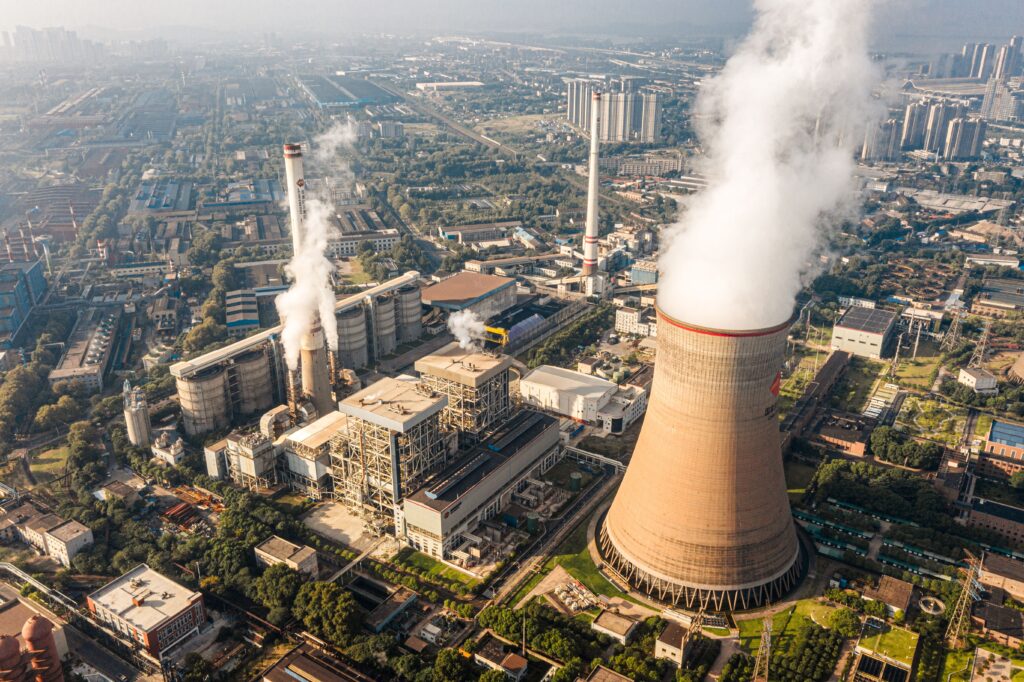Iran and the United States met for a second round of nuclear talks on Saturday in Rome. The meeting took place at the Omani Embassy, with Omani Foreign Minister Badr al-Busaidi serving as mediator. This four-hour session brought together Iran’s Foreign Minister Abbas Araghchi and Steve Witkoff, President Donald Trump’s special envoy for the Middle East. Both sides said the talks were positive, showing potential for progress on key nuclear issues.
Constructive Dialogue Opens Doors for Progress
Iranian Foreign Minister Abbas Araghchi called the meeting “constructive and positive.” He said both countries cleared up confusion on major issues and found common ground. Iranian Foreign Ministry spokesman Esmail Baghaei echoed this message, saying Iran will stay committed as long as the talks remain focused and respectful.
The main topics of the meeting included nuclear activity restrictions and the lifting of economic sanctions. Araghchi said that the session set the stage for expert-level talks expected to begin Wednesday in Oman. These expert discussions will dive deeper into the technical parts of any possible agreement.
Aiming for Sanctions Relief and Security Assurances
Iran is pushing hard to end the severe economic sanctions it has faced since 2018. That year, President Trump pulled the U.S. out of the 2015 Iran nuclear deal, known as the Joint Comprehensive Plan of Action (JCPOA). That decision removed limits on Iran’s uranium enrichment, fueling tensions.
Since then, Iran has said it wants to return to a deal if the U.S. agrees to lift the sanctions that have deeply hurt its economy. Baghaei noted that diplomacy remains Iran’s main approach. He said Iran wants “real progress,” not empty promises.
In response, Witkoff said the U.S. is open to step-by-step progress. While the U.S. still has concerns about Iran’s nuclear program, Witkoff confirmed that discussions are now focused on trust-building measures. These include limiting enrichment levels and increasing international inspections.
Rome Plays Key Role in Renewed Diplomacy
Rome is becoming a neutral ground for complex diplomacy. Italian Foreign Minister Antonio Tajani praised the talks, calling Rome “the capital of peace and dialogue.” He met with Araghchi and expressed support for peaceful solutions. Tajani also took to X (formerly Twitter) to say Italy supports any effort that reduces tensions between Iran and the U.S.
This meeting marked a shift in tone from past years. Relations between the two nations have been cold and filled with distrust. But the fact that both sides returned to the table shows a rare window for progress.
Expert Talks to Follow and More Rounds Ahead
After Saturday’s meeting, both parties agreed to send expert teams to Oman to explore technical details. These discussions will begin midweek and will be followed by another main session next Saturday. Araghchi said the foundation built in Rome will help guide the next steps.
If these talks go well, it could open the door to a more lasting agreement. For now, both Iran and the U.S. are working on smaller, phased steps. Each side wants to see real actions before taking larger moves.
Past Tensions Still Shape Present Goals
The original 2015 nuclear deal had put limits on Iran’s nuclear program in return for relief from global sanctions. But since the U.S. withdrawal, Iran has expanded its nuclear activity again, alarming global leaders.
Israel and Gulf Arab states continue to worry about Iran’s intentions. They say Iran must be closely watched, even if a deal is reached. At the same time, both Iran and the U.S. face pressure at home. Hardliners in Iran oppose too many concessions. In the U.S., lawmakers remain divided over how much to trust Tehran.
Still, many diplomats believe that small wins now could lead to larger ones later. A step-by-step deal could restore trust and avoid wider conflict in the region.
The Rome talks show that Iran and the U.S. may be ready to rebuild some level of trust. While challenges remain, the shared decision to keep talking is a hopeful sign. As expert-level talks begin in Oman, the world will watch closely. Any breakthrough could mean big changes for peace and security in the Middle East.


